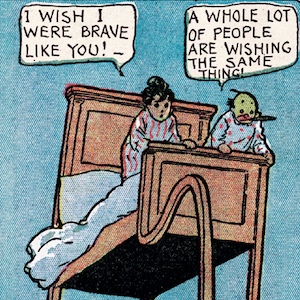Popular Culture
Regulations of the Society of Revolutionary Republican Women (9 July 1793)
The regulations demonstrate that women wanted to be taken seriously as political participants; they wanted their club to be like the clubs set up by men.
Police Reports on Disturbances over Food Supplies (February 1793)
The reports of the Paris police provide firsthand information about conditions in the city and about the leading role of women in food disturbances.
A Deputation of Women Citizens Demands Action on Food Prices (24 February 1793)
In the rioting over prices of February 1793, women appealed first to the authorities, showing that they intended to communicate directly with their representatives in the municipal government of Paris.
Women’s Participation in Riots over the Price of Sugar, February 1792
This fragment from a memoir by Charles Alexandre shows the anger of women when confronted by a sugar shortage. They readily attributed the shortage to hoarding by greedy merchants. This document also shows the new importance of colonial products such as sugar and coffee.

Little Nemo in Slumberland
A young boy slumbers in his bed, ensconced in a non-descript, middle class bedroom. He is jarred awake to find his bed floating out his window and into space. So begins an episode of Winsor McCay's epic series, Little Nemo in Slumberland, which ran in American newspapers from 1905 until 1914.
Etta Palm D’Aelders, "Discourse on the Injustice of the Laws in Favor of Men, at the Expense of Women" (30 December 1790)
Like many female activists, the Dutch woman Etta Palm D’Aelders did not explicitly articulate a program for equal political rights for women, though that would no doubt have been her ultimate aim.
Women's Petition to the National Assembly
This petition was addressed to the National Assembly sometime after the October 1789 march of women on Versailles.
Women Testify Concerning Their Participation in the October Days (1789)
The commission investigating the events of October 1789 also interrogated many women who had participated.
Stanislas Maillard describes the Women’s March to Versailles (5 October 1789)
Stanislas Maillard was a national guardsman known for having taken a leading role in the attack on the Bastille. In 1790 he testified before a commission established by the court in Paris to investigate the events of October 1789.
A Woman’s Cahier
This grievance was signed by a certain Madame B*** B*** whose identity is unknown. The provenance appears to be Normandy. Another version of this text, located and republished in the late nineteenth century, is signed by Marie, veuve de Vuigneras, also from Normandy.